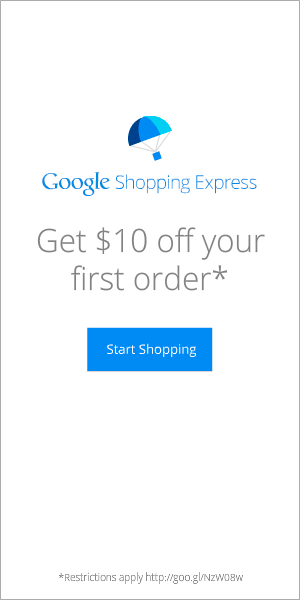Germany has a proud broadcast heritage, from public service channels with strong journalism to regional programming that reflects local life. Internet protocol television brings that tradition into a new format without discarding what viewers value. It blends live channels, public service content, and on-demand libraries through broadband connections that now reach most households. The following sections explain how internet protocol television fits German viewing habits, what matters for families and football fans, and how providers align with national expectations around quality, privacy, and accessibility.
Public Service Channels and Regional Choice
German viewers expect trusted news, cultural programming, and regional segments. Internet protocol television packages in Germany typically include public broadcasters alongside commercial channels. This mix preserves familiar brands while adding flexible features such as replay and start-over. A program that aired earlier in the evening can be restarted from the beginning, and a missed documentary can be found through catch-up menus.
Regional content holds special weight. Bavaria, Hamburg, and Saxony share national stories but also care about local reporting and cultural events. Internet protocol television makes regional variations easy to present because the system can map a viewer’s location to the right edition of a channel. This approach allows national coherence and local relevance without separate hardware or complicated setup.
Sports, Live Events, and the Saturday Match
Football drives weekend schedules. Fans want near-real-time pictures, stable streams, and clear commentary. Smart IPTV can meet those demands when providers invest in content delivery nodes near major cities and design live pipelines with low buffering. Fifth-generation mobile networks and fiber-to-the-home upgrades also help, since they reduce bottlenecks between the server and the living room.
Rights packages change by season, so viewers should confirm where league matches, cup ties, and European fixtures sit each year. Many providers now offer add-on options that let a fan subscribe to a specific sport or competition. That modular approach saves money and keeps channel lists tidy.
Broadband Readiness and Home Setup
Germany made steady progress on broadband performance. Fiber lines and high-quality cable networks reach a growing share of homes, while modern routers handle multiple streams without trouble. A reliable home network still needs attention. Placing the router in a central spot, using wired connections for the main television when possible, and running a quick bandwidth test before major events can prevent hiccups. Viewers who rely on wireless should consider mesh solutions that spread signal evenly through older homes with thick walls.
Smart televisions in Germany usually support the major internet protocol television apps out of the box. For older sets, a compact streaming stick with a familiar remote can refresh the experience at low cost. Families who travel between a city flat and a countryside home value services that allow device registration across addresses, provided the terms of service permit it.
Language, Subtitles, and Accessibility
Germany’s multilingual population benefits when services offer dual-audio tracks and a strong subtitle catalog. International films often include the original language and a German dub, and both should be easy to select. Clear subtitles help many users, not only those with hearing loss. They improve comprehension in noisy rooms and support language learning for students and new arrivals.
Accessibility features deserve attention. High-contrast menus, screen reader support, and audio description tracks make programs welcoming to more viewers. Providers gain goodwill when they treat these features as standard rather than optional extras.
Privacy and Consumer Protection
German consumers care about data protection and fair contracts. Providers should publish transparent policies that explain how viewing data is used and how long it is stored. Short, plain explanations build trust. Contracts should avoid lock-ins that trap subscribers for long periods without clear benefits. Month-to-month options, clear cancellation paths, and responsive support reflect national expectations.
Parents often ask about age ratings and profile controls. A clear rating system, backed by a content lock at the profile level, gives families the tools to guide younger viewers without constant supervision. Purchase confirmation prompts help avoid accidental rentals.
Why Internet Protocol Television Fits Germany
The German market rewards quality, reliability, and respect for the audience. Internet protocol television aligns with those values by offering a wide channel mix, dependable streams, and a setting that respects privacy and accessibility. It ties public service heritage to modern flexibility. For households that care about football on Saturday, the evening news at eight, and a good film on Sunday, the format provides comfort and control in one place.

